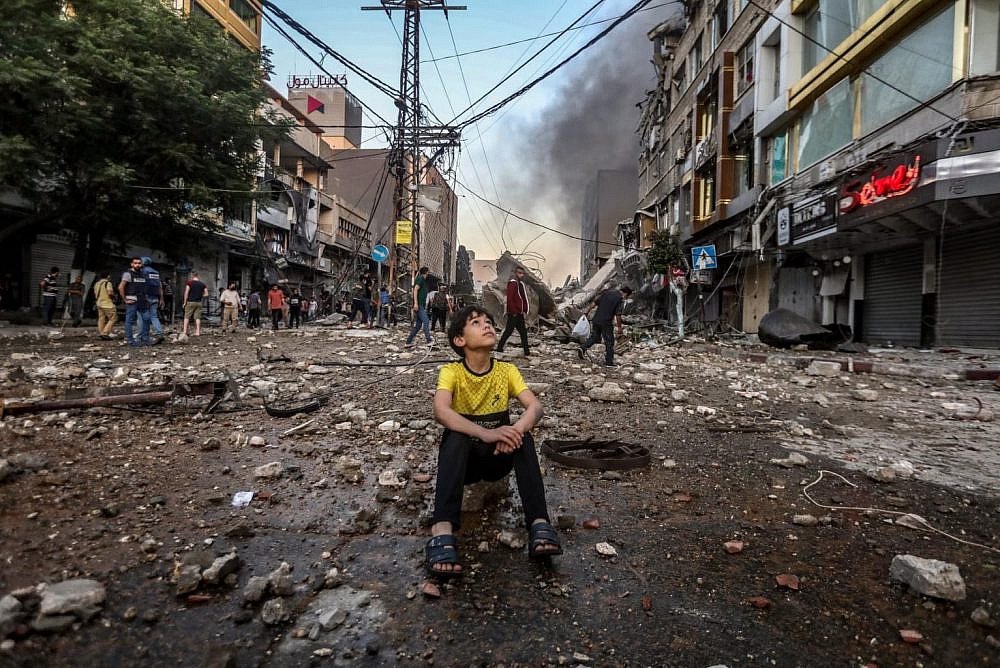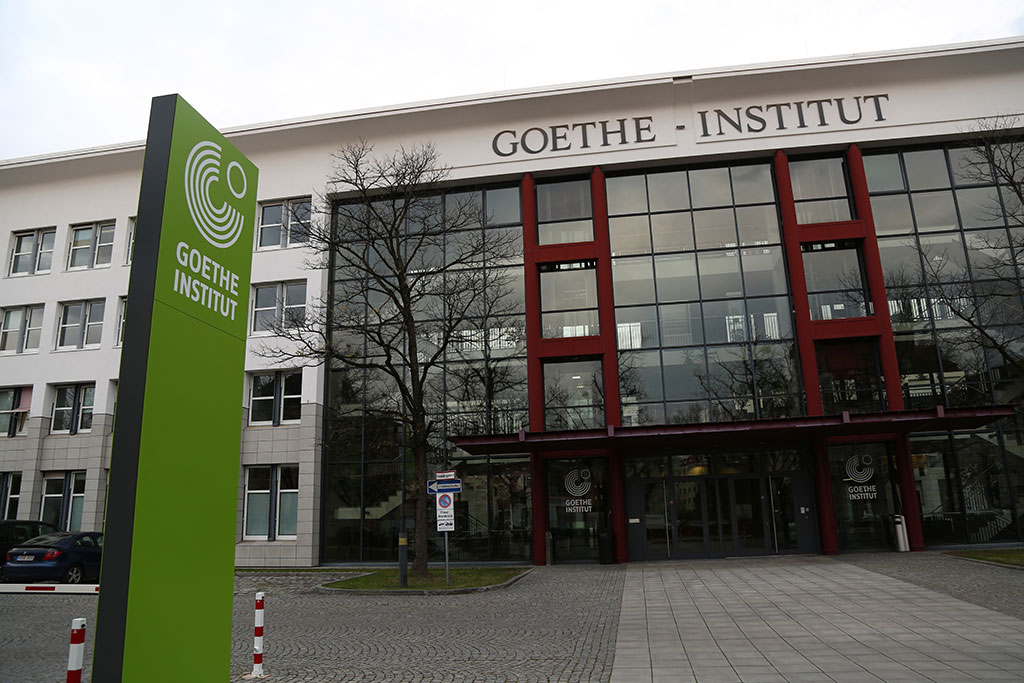By: Hibba Qureshi

The Israel-Palestine story goes way back. A really tough moment was the Nakba, which means “catastrophe.” It was when many Palestinians had to leave their homes. Since then, the fighting has kept going, and recently, it’s gotten really bad. Things like schools, hospitals, and even places where people pray have been in the middle of all this fighting. But what’s tough is that big groups like the United Nations (UN) and the Organization of Islamic Cooperation (OIC) haven’t said much about it. In this article, we want to talk about how important it is to find peace in this situation. That’s the key to making things better for everyone involved.
The Nakba, which means “catastrophe” in Arabic, was a very sad time for the Palestinian people. It occurred a long time ago, in 1948. Imagine being forced to leave your home and everything you know. That’s what happened to many Palestinians. They had to leave their homes and became refugees. This event is a big part of their history, and it’s still remembered today.
Fast forward to today, and the conflict between Israel and Palestine is still causing a lot of pain and suffering. Recently, things have gotten worse. Schools, where kids should be safe, hospitals, where sick people should get help, and even places of worship have been affected. This makes life incredibly hard for the people living in these areas.
The impact of these conflicts on people’s lives is heartbreaking. Families have been torn apart, children have grown up knowing nothing but conflict, and many have suffered the loss of their homes and loved ones. It’s remarkable to see the resilience of the Palestinian people, who have endured these hardships for decades. Despite the challenges, there’s an unwavering hope for a better, peaceful future.
Palestinian health officials report that after 31 days of unrelenting Israeli assaults on the Gaza Strip, over 10,000 people have died, and there is still no indication of a truce in the besieged territory.
In a recent statement, Gaza’s Ministry of Health said the death toll has risen to at least 10,022 Palestinians, including 4,104 children, with many victims still trapped beneath the rubble and an Israeli siege drying up access to vital goods like fuel, food, and electricity.
The number of causalities is expected to go up as at least 2,000 people remain under the rubble. The problem is, with a lack of heavy equipment and machinery, the rescue teams on the ground are unable to remove and pull out these bodies from under the rubble.
The number of those wounded since the October 7 start of the bombardment has risen to 25,408, a Health Ministry spokesperson said, adding that Israel had conducted 18 attacks in the past hours, killing 252 people.
While the situation on the ground is tough, the global response seems inadequate. The United Nations, an organization dedicated to maintaining peace, and the Organization of Islamic Cooperation, a group representing many Muslim-majority countries, have a responsibility to speak up and work towards a solution. Their silence raises concern about the effectiveness of international bodies in addressing such conflicts.
But what’s troubling is that some big international groups, like the United Nations (UN) and the Organization of Islamic Cooperation (OIC), haven’t done much to stop this. It’s like they’re not saying anything about the situation. This silence raises questions about their role in finding a solution to this long-standing problem.
Finding peace might seem like a big, impossible dream, but it’s the only way forward. Both sides need to sit down and talk. It’s about understanding each other’s pain and finding a way to make things better for everyone. It’s not an easy road, but it’s the only road that leads to a brighter and safer future for all.
In the end, what’s most important is finding a way for everyone to live in peace. Peace means no more fighting and a better life for everyone, whether they’re Israeli or Palestinian. This isn’t an easy task, but it’s necessary for a better future.
The writer is a freelance columnist








